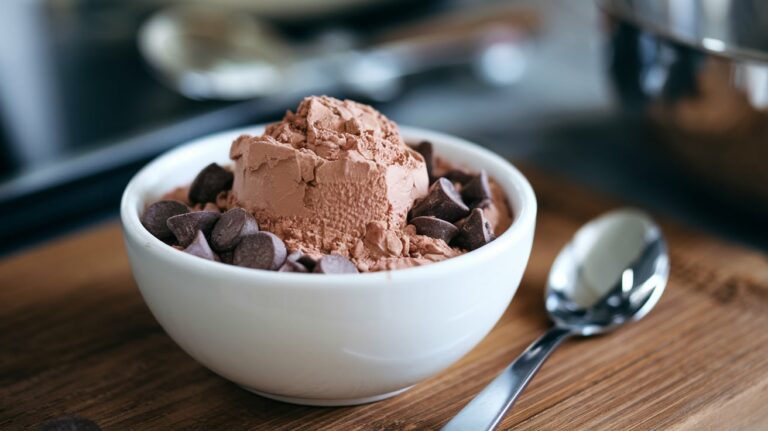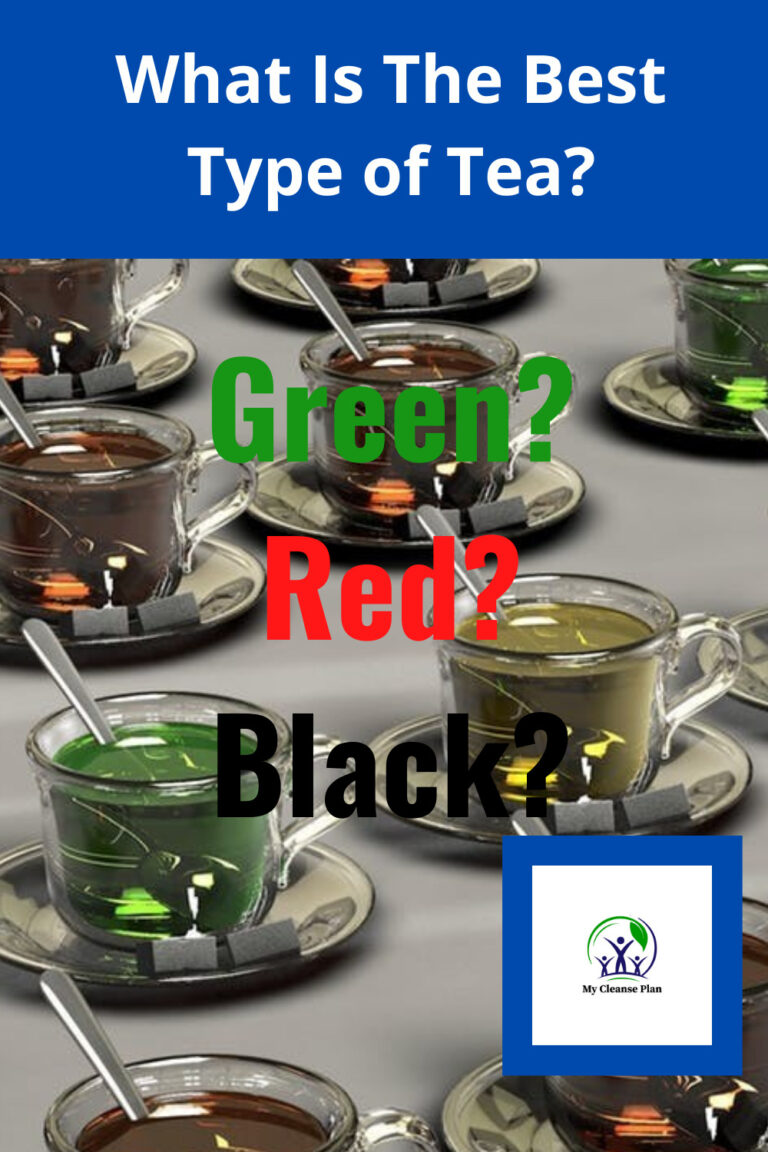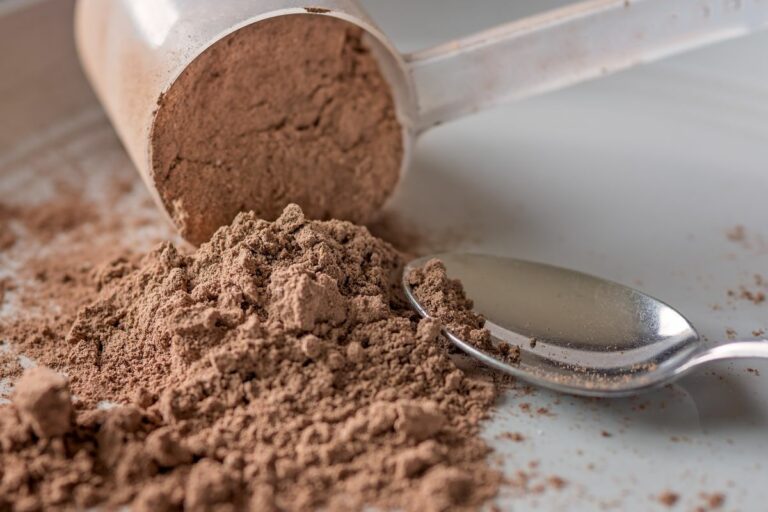Understanding Juice Cleanses: Pros And Cons
Juice cleanses can offer short-term benefits such as increased nutrient intake and temporary weight loss, but they also carry potential risks including nutrient deficiencies and metabolic imbalances.
Key Takeaway
- Short-term Nutrient Boost: Juice cleanses provide a high dose of vitamins, minerals, and antioxidants in a short period, which can be beneficial for those looking to improve their nutrient intake quickly.
- Temporary Weight Loss: The caloric deficit created by consuming only juices can lead to rapid weight loss, but this is often temporary and can be followed by weight gain once normal eating resumes.
- Potential Health Risks: Prolonged juice cleanses can lead to nutrient deficiencies, loss of muscle mass, and metabolic slowdown, making it essential to not extend these cleanses beyond a short-term period without professional advice.
- Balanced Approach is Key: Incorporating juices into a balanced diet rather than relying solely on them for an extended period can offer health benefits without the associated risks of a juice-only diet.
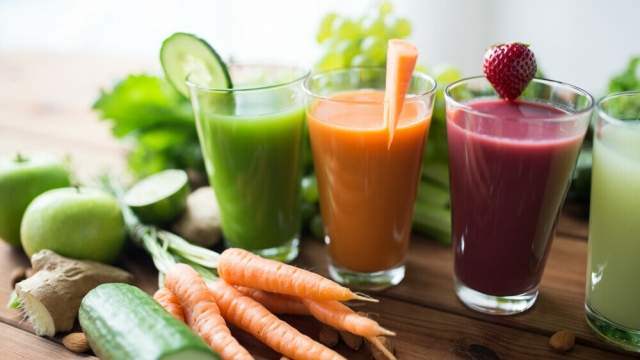
I’m going to kick things off by diving straight into what juice cleanses are all about. In recent years, juice cleanses have become a sensational trend in the realm of health and wellness. You’ve probably heard some buzzing about it on social media, seen a celebrity endorse it, or noticed a myriad of bottled juices lining store shelves.
Here’s the rundown: a juice cleanse typically involves consuming only juices made from fruits and vegetables for a certain period, often ranging from one to three days. The goal? To give your digestive system a break while loading up on nutrients.
It’s not just about fasting or cutting calories; many believe these cleanses can flush toxins from the body and jumpstart a healthier lifestyle. But as I’ll show you in this guide, the story isn’t so clear-cut. There’s ample room for debate about the actual health impacts of juice cleanses.
Next, we’ll peek under the lid and explore the nutritional content of juice cleanses. Are they the liquid gold they’re made out to be? Or is there more to consider? Stay tuned as we press on to find out.
Nutritional Perspective of Juice Cleanses
I’m going to take a close look at what exactly goes into these juice cleanses. Often, they’re a mix of fruits, vegetables, and sometimes additional supplements like vitamins, minerals, or ‘superfoods‘.
One thing’s for sure: you’re going to find out about the vitamins and antioxidants packed in these drinks. They come from sources like kale, spinach, and berries. But it’s not all sunshine and rainbows. Juice cleanses often lack sufficient protein, fats, and fiber.
In my opinion, it’s vital to understand the role of these missing nutrients. Without them, you might experience energy dips or hunger more often. That’s because these elements are keys to feeling full and powering your body throughout the day.
Now, let’s talk metabolism. Juicing removes the fiber from fruits and veggies, and fiber plays a big part in maintaining a healthy metabolism. So while you may think you’re doing your body a favor, you’re missing out on this crucial component.
This isn’t just about what’s in the juice; it’s also about what happens to your body when you primarily consume liquids. Your body might adjust its metabolism in response, which can have a ripple effect once you reintroduce solid foods.
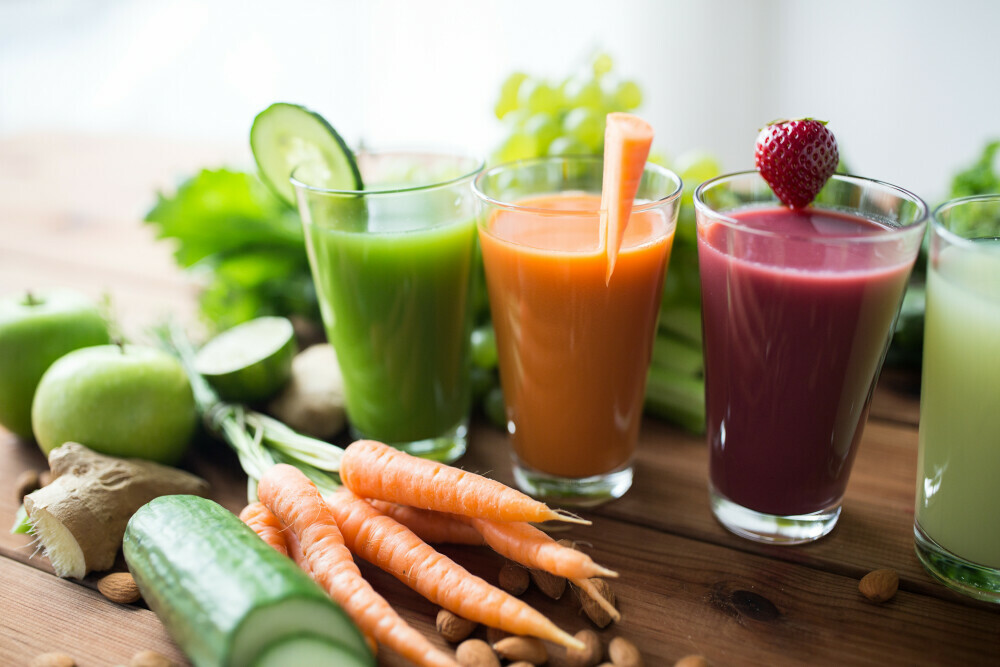
Exploring the Benefits of Juice Cleanses
I’m going to talk to you about the silver linings that juice cleanses bring to the table. It’s not all just hype; there are several reasons why people swear by these regimens.
You’re going to find out about the possible detoxification effects first. Our bodies have natural detox systems like the liver and kidneys, yet fans of juice cleanses believe that these regimes give these organs a helpful nudge. Some users report feelings of increased energy and clear-mindedness, suggesting a form of detoxification.
In my opinion, one of the main attractions to juice cleanses is the short-term weight loss many experience. Because these plans often mean consuming fewer calories than usual, initial weight loss is common. But remember, this might not be sustainable in the long run.
Let’s chat about digestion. Juice cleanses emphasize raw fruits and vegetables which can equal a healthy dose of enzymes aiding digestion. Some proponents also argue that giving the digestive system a break from breaking down solid foods can improve overall gut health.
Now, even though these benefits can sound promising, they don’t come without risks. And that’s what we’ll jump into next.
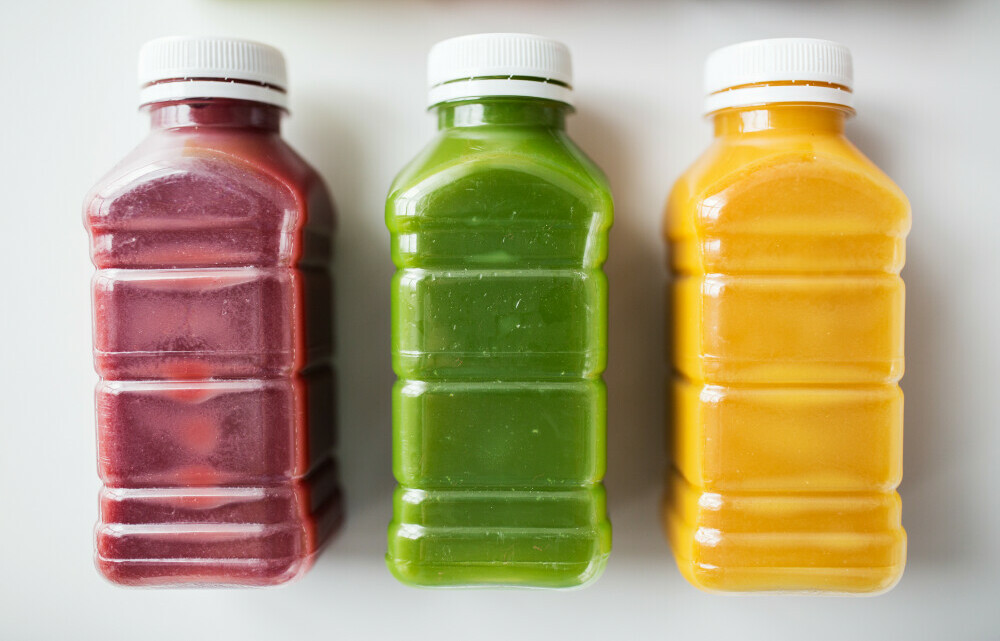
Understanding the Risks and Downsides
Juice cleanses often come with a host of celebrated benefits, but it’s my job to ensure you’re aware of the other side of the coin. Before you stock up on kale and cucumbers, let’s talk about some of the less-discussed risks and downsides that are important to consider.
Starting with potential nutrient deficiencies, these cleanses can leave your body wanting. While fruits and vegetables are jam-packed with certain vitamins and minerals, they lack others, notably protein and essential fats. Your muscles aren’t fans of this diet; without adequate protein, muscle loss can occur, something definitely to be avoided.
And your blood sugar? That’s going to be about as stable as a one-legged stool. Quick absorption of high sugar content from juices can send your glucose levels on a wild ride. For those with insulin sensitivities or diabetes, it’s a game of snakes and ladders you don’t want to play.
Thinking long-term, juice cleanses are also not the golden ticket for sustained weight management. Sure, you might drop pounds quickly, but it’s important to note that initial weight loss is largely water weight, and a restrictive diet like this can lead to inevitable weight gain once you return to solid foods.
Beyond your physical health, the restrictive nature of cleanses can lead to an unhealthy relationship with food. Psychological impacts, such as food cravings, binging, and cyclical ‘yo-yo’ dieting, are risks that often don’t get enough airtime.
So, this sets the stage for a deeper conversation. How do you balance these pros and cons? In the next section, we’re going to cover how you can approach juice cleanses with a critical, yet open, mindset and explore healthier, more sustainable alternatives.

Conclusion: Balancing Pros and Cons
Now, you’ve read about the bright and dark sides of juice cleanses. It’s not about labeling them as ‘good’ or ‘bad’ but understanding the effects they can have on your health.
If you’re considering a juice cleanse, it’s crucial to adopt a balanced perspective. This isn’t just about dropping a few pounds or undergoing a detox; it’s also about nurturing your body responsibly.
Remember that short-term endeavors like juice cleanses might not equate to long-term health victories. Choose something that resonates with you and can be sustained healthily over time, like incorporating more fruits and vegetables into your regular diet.
Explore Also:
Creativehouseblog
Dietsheriff
Gigasecurehome
There are wholesome alternatives to juice cleansing. Consider slowly adjusting your diet to include more whole foods, hydrating adequately, and engaging in regular physical activity. These are sustainable ways to support your body’s natural detoxification processes.
Finally, I always recommend reaching out to a healthcare professional before making significant dietary changes. They can provide personalized advice based on your unique health needs and goals. So, if juice cleanses have caught your eye, make sure to have that informed discussion first.
In the end, the decision to pursue a juice cleanse or any dietary change is a personal one. Just don’t focus too much on perfection — it’s more important to find a balance that keeps you feeling healthy and happy in the long run.

